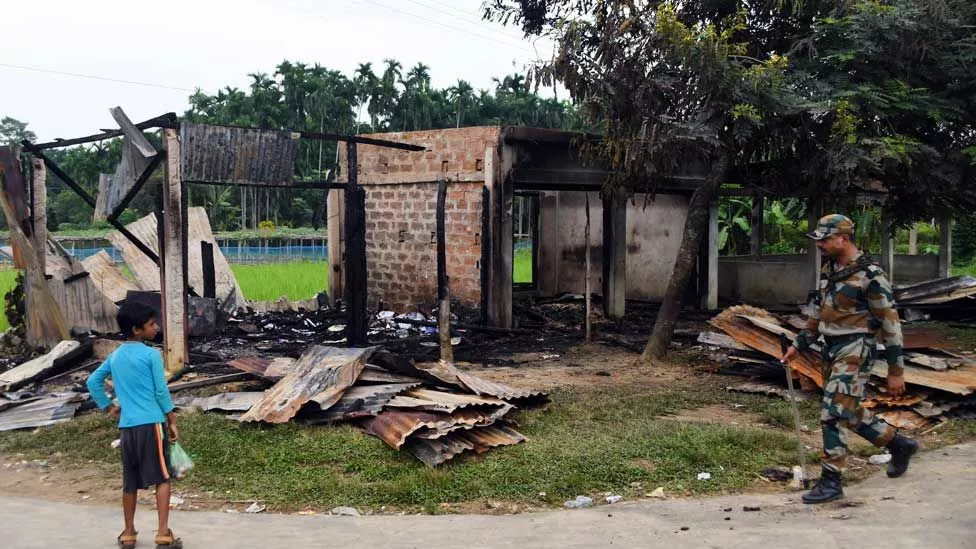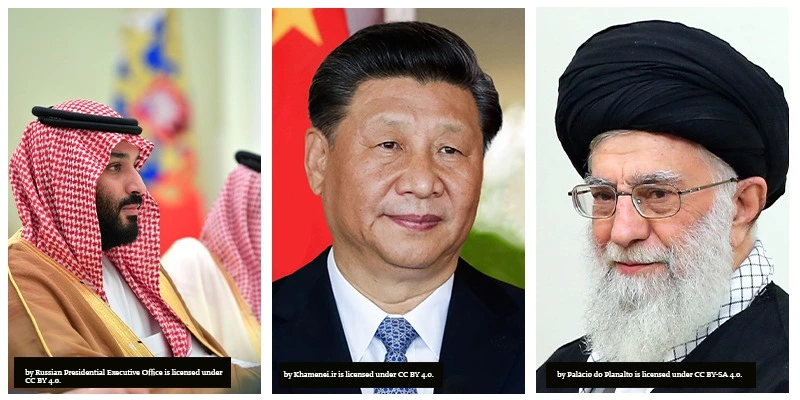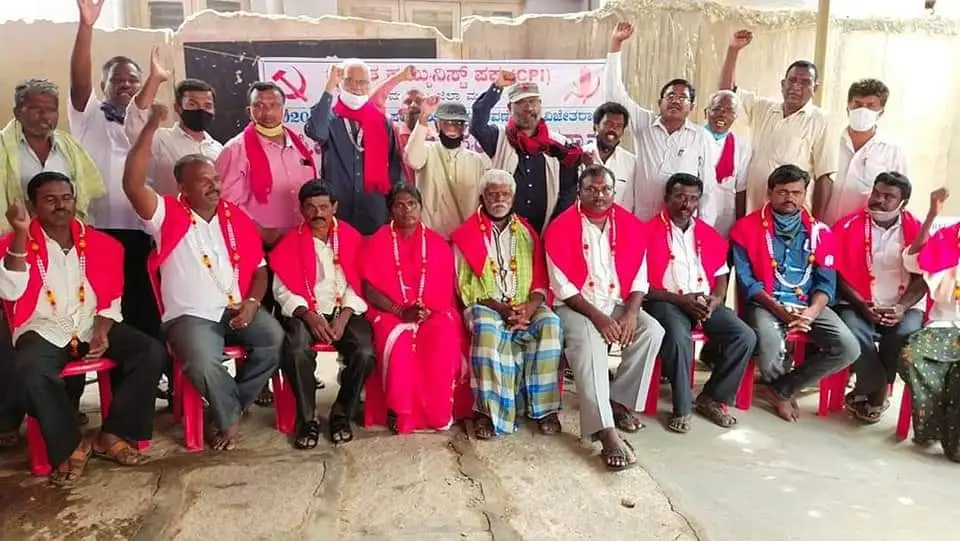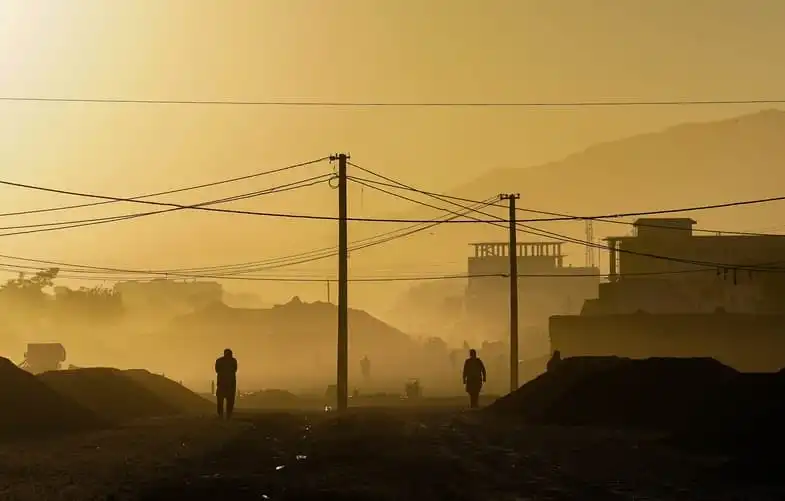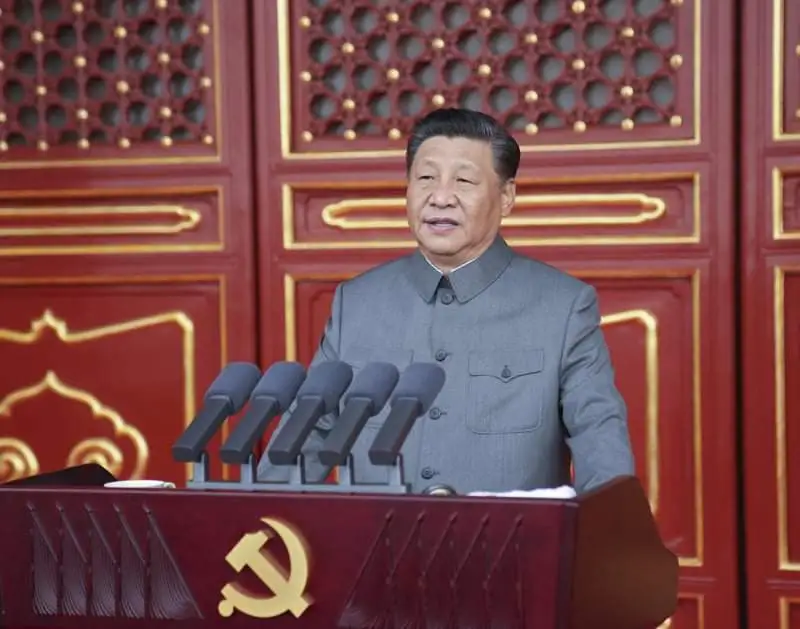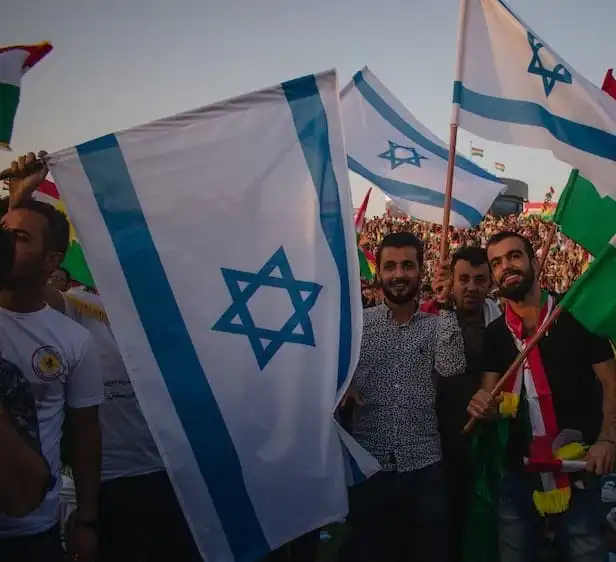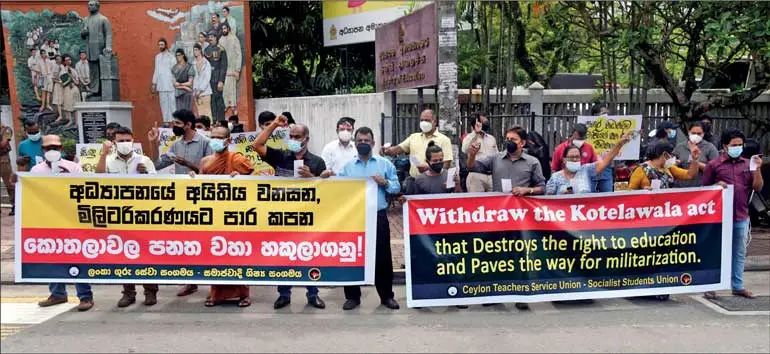The state of Tripura has been in the limelight in recent years thanks to Chief Minister Biplab Deb and his barrage of political gaffes. The tide however has turned. This time, the state finds itself engulfed in Hindu- Muslim communal violence. As known, communal tensions do not arise in the vacuum. Let us take a look at the underlying factors leading to communal violence in the state.
Long after the accession of the princely state of Tripura into the Indian Union, the state had not been penetrated by the pan India Hindu nationalists with their institutions and thought. It helped that the people of Tripura have had a vibrant history of resisting oppressive regimes and supporting progressive establishments. The GMP ( Gana Mukti Parishad- a revolutionary tribal organization) led an armed struggle contra the monarchy for mass education and dignity and the fact that Tripura was one of the last and longest-lasting bastions of the (electoral) left in the country are a testament to its commitment towards progress.
In 2018, the BJP came into power in the state. Seemingly out of nowhere the party that could not win a single seat in the previous governments had secured a very comfortable majority in the assembly.
The recent anti-Muslim violence by the Hindu right-wing groups in Tripura suggests the growing intensity of fascist violence in the state.
Their concern for the minorities of Bangladesh extends as much as their longing for peace.
In 2018, the BJP came into power in the state. Seemingly out of nowhere the party that could not win a single seat in the previous governments had secured a very comfortable majority in the assembly. Many point fingers towards the so-called Modi wave for the unprecedented victory of the BJP. However, many fail to see that the material conditions for the said wave were provided by the Hindutva organizations that had been working in the state for decades. The RSS has been present in not just Tripura but many of the northeastern states for decades. The Akhil Bhartiya Vanvasi Kalyan Ashram (the RSS backed one of India’s largest ‘tribal welfare’ organizations); has been working in the tribal belt(s). Arkotong Longkumer’s book The Great India Experiment: Hindutva and the Northeast provides a succinct account of Hindutva spreading its fangs in the region.
Post the 2018 victory, otherwise dormant in mainstream politics, Hindutva organizations came out in the public. Rallies by the RSS and VHP (Vishva Hindu Parishad) have become a common sight on the street, which wasn’t the case just a few years ago.
What does Bangladesh have to do with it?
Unlike in the rest of India (including other northeastern states), Muslims in Tripura were not particularly the target of any political discourse. The primary concern of the tribal nationalists was the Bangladeshi Hindus who according to them have over the years outnumbered the native population.

Political discourse in Tripura for so long primarily surrounded the question of Pahari- Bangali (tribal-Bengali). However, recent development, after the coming in power of the BJP government, indicates a shifting pattern. Unlike in the rest of India (including other northeastern states), Muslims in Tripura were not particularly the target of any political discourse. The primary concern of the tribal nationalists was the Bangladeshi Hindus who according to them have over the years outnumbered the native population. It is only in recent times that there is a continuous attempt by the Hindu right to shift the discourse wherein the ‘Bangladesh factor’ is in sync with the rest of the country. However, this sync has to remain synced and cannot be an emulation. The local BJP leadership knows that as well. While the pan India BJP leadership was calling for a national NRC, chief minister Biplab Kumar Deb publicly rejected the possibility of NRC in Tripura, despite many tribal nationalist parties demanding so.

It is with this ideological intention coupled with an eye on the upcoming elections to the urban local body, the BJP and the VHP carried out the barbaric attack on Muslim businesses and mosques at chantilly of panisagar subdivision on the 27th and the 28th of September. Attacks on Durga puja pandals in Bangladesh recently only gave them a spark, an immediate reason. Ultimately it is about ideological penetration of Hindu right’s thought into the popular discourse, political and otherwise. The BJP must try to polarize the Hindu voters of Tripura who are mainly Bengalis, reminding them of the oppression that minorities face in Bangladesh. The state is scheduled for an assembly election in 2023. This attack is only part of a bigger agenda of the Right-wing. They have been on an attacking spree. In the last few months, they have unleashed violence on opposition parties and media alike. CPI(M) offices and cadres across the state were the targets of their vicious attacks, the local daily called ‘provide kolam was targeted, it is officed vandalized. The CPI(M) head office at Agartala was burnt on the 8th of September 2021. Violence by the BJP started the day 2018 results were declared. They had pulled down statues of Lenin and other leaders. While it is true that Tripura is no stranger to posting poll violence, the recent stride of attacks is anything but mere political violence. It is very much coming of age of fascist discourse.
Ultimately it is about ideological penetration of Hindu right’s thought into the popular discourse, political and otherwise. The BJP must try to polarize the Hindu voters of Tripura who are mainly Bengalis, reminding them of the oppression that minorities face in Bangladesh.
CPI(M) offices and cadres across the state were the targets of their vicious attacks, the local daily called ‘provide kolam was targeted, it is officed vandalized. The CPI(M) head office at Agartala was burnt on the 8th of September 2021. Violence by the BJP started the day 2018 results were declared. They had pulled down statues of Lenin and other leaders.
Concluding remarks
The recent anti-Muslim violence by the Hindu right-wing groups in Tripura suggests the growing intensity of fascist violence in the state. Such attacks are part of a two-fold strategy, for polarization for political mileage and for the bigger ideological war that they have waged against the progressive forces. Their concern for the minorities of Bangladesh extends as much as their longing for peace.
